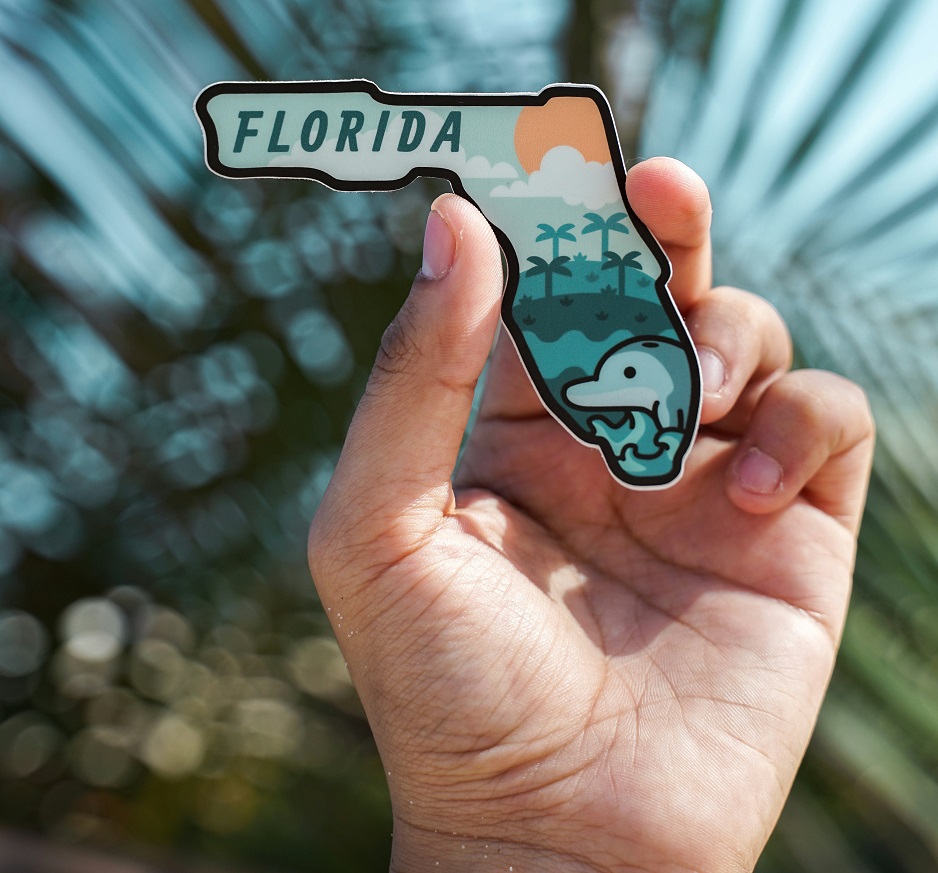
On September 18m Florida Agriculture Commissioner Wilton Simpson announced a new rule enacted by the state of Florida: the amount of 7-hydroxymitragynine (7-OH) in all kratom products must be expressed on the package in parts per million (ppm).
Last week, Simpson tweeted that the Florida Department of Agriculture and Consumer Services (FDACS) has been removing 7-OH products. Pictured in the tweet, however, were legal plain leaf kratom and kratom extract products.
We reached out to Simpson and got a response from Aaron Keller, Communications Director of FDACS. He told us, “Based on the advertised amount of 7-OH in the packages, the products shown exceeded this limit.” The amount on the packaging however, was the percentage of alkaloids, not of dry weight, and was far under the legal limit of 7-OH.
The rule gives the FDACS the power to seize all kratom products, regardless of the amounts of 7-OH present, if the products are not labelled in ppm. Most kratom products list individual alkaloids as a percentage of total alkaloids, not in ppm of dried weight. Therefore, all such products must be replaced in Florida with different labels. This could place a de-facto temporary ban on the sale of nearly all kratom in Florida.
FDACS has already removed about 18,000 products from shelves.
Like the emergency rule banning 7-OH products, the labeling rule will only last for 90 days. The legislature must pass a law to make these rules permanent. The Florida legislature reconvenes in January.
